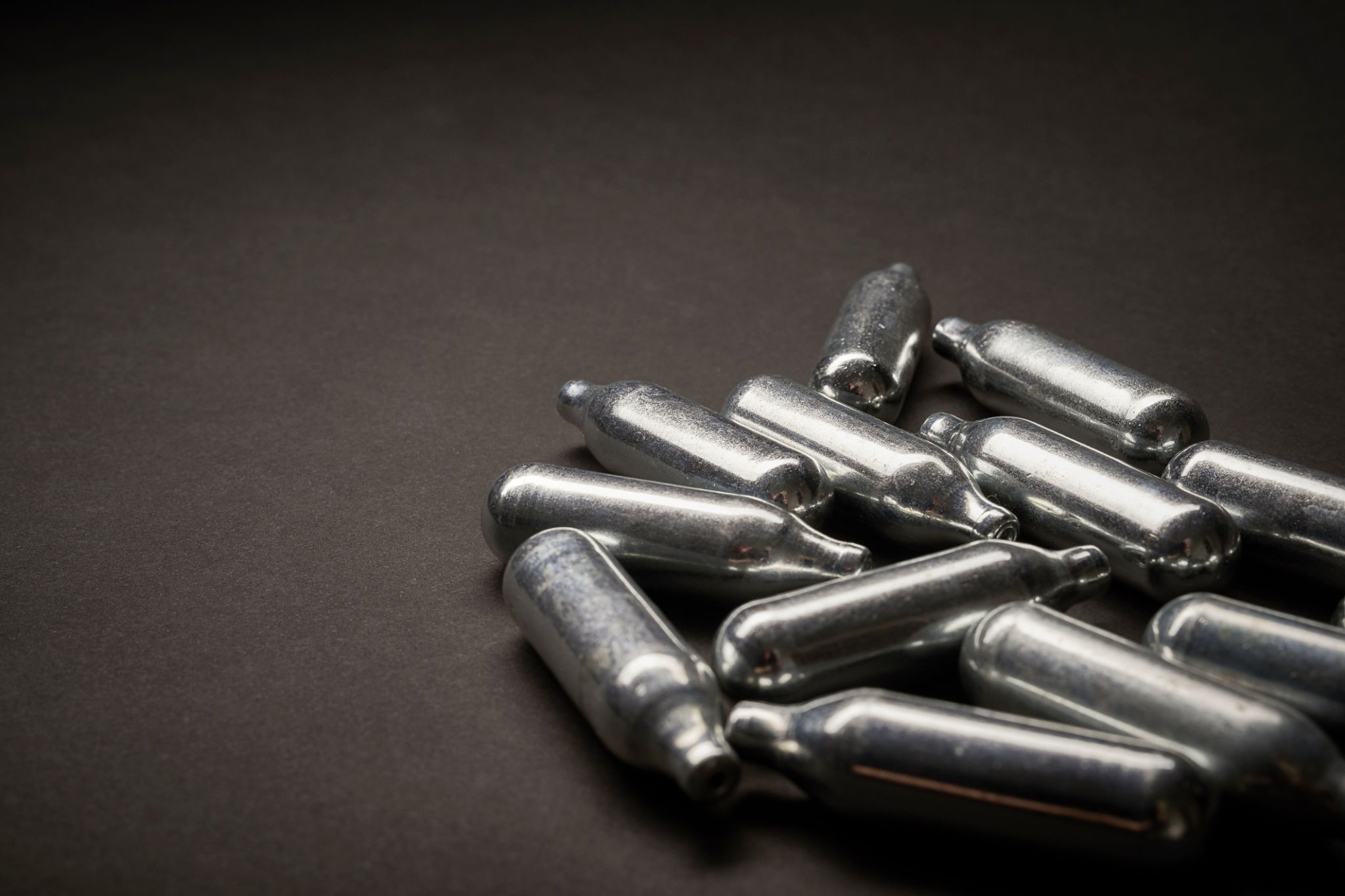Myths About Laughing Gas in Den Haag: What’s True and What’s Not
Understanding Laughing Gas: Separating Fact from Fiction
Laughing gas, known scientifically as nitrous oxide, has been a topic of discussion and debate, especially in cities like Den Haag. Its recreational use has sparked numerous myths and misconceptions. In this blog post, we'll explore what's true and what's not about laughing gas.

Myth 1: Laughing Gas Is Highly Addictive
A common myth is that laughing gas is highly addictive. While nitrous oxide can be habit-forming for some individuals, it is not considered physically addictive. Unlike substances such as nicotine or opioids, nitrous oxide does not lead to physical dependence.
However, it's important to note that any substance can become psychologically addictive if used excessively. Moderation and responsible use are key to avoiding dependency.
Myth 2: Laughing Gas Is Completely Harmless
Another misconception is that laughing gas is entirely harmless. While it often carries a reputation for being safe, especially in medical settings, recreational use can pose risks. Excessive inhalation can lead to oxygen deprivation, dizziness, and other health issues.

Moreover, regular misuse may result in vitamin B12 deficiency, which can lead to nerve damage. It's crucial to be aware of these potential dangers and use the gas responsibly.
Myth 3: Laughing Gas Causes Hallucinations
Some people believe that nitrous oxide causes hallucinations. In reality, while it can induce a euphoric and sometimes dream-like state, it does not typically cause true hallucinations. The effects are generally short-lived and mild compared to other substances.
Users may experience a sense of detachment or altered perception, but these sensations are temporary and fade quickly after the gas is no longer inhaled.

Myth 4: It's Legal Everywhere
There's a misconception that laughing gas is legal across all settings. In Den Haag, as in many other places, the sale and use of nitrous oxide are regulated. While it is legal for medical and culinary purposes, recreational use may fall under specific legal restrictions.
Laws can vary significantly by jurisdiction, so it's essential to stay informed about local regulations to ensure you are compliant when using or purchasing laughing gas.
Myth 5: It's Only Used for Fun
While nitrous oxide is famously used for its euphoric effects at parties and events, it also plays an important role in medicine and industry. Dentists commonly use it as an anesthetic due to its pain-relieving properties. Additionally, it's used in the food industry to create whipped cream.

Understanding the diverse applications of laughing gas helps dispel the notion that it's only used for recreational purposes.
Conclusion: Educate Yourself on Laughing Gas
The myths surrounding laughing gas can often lead to misunderstandings about its effects and risks. By separating fact from fiction, individuals in Den Haag and beyond can make informed decisions about its use. Whether for medical, culinary, or recreational purposes, understanding the truths about nitrous oxide ensures safer and more responsible consumption.